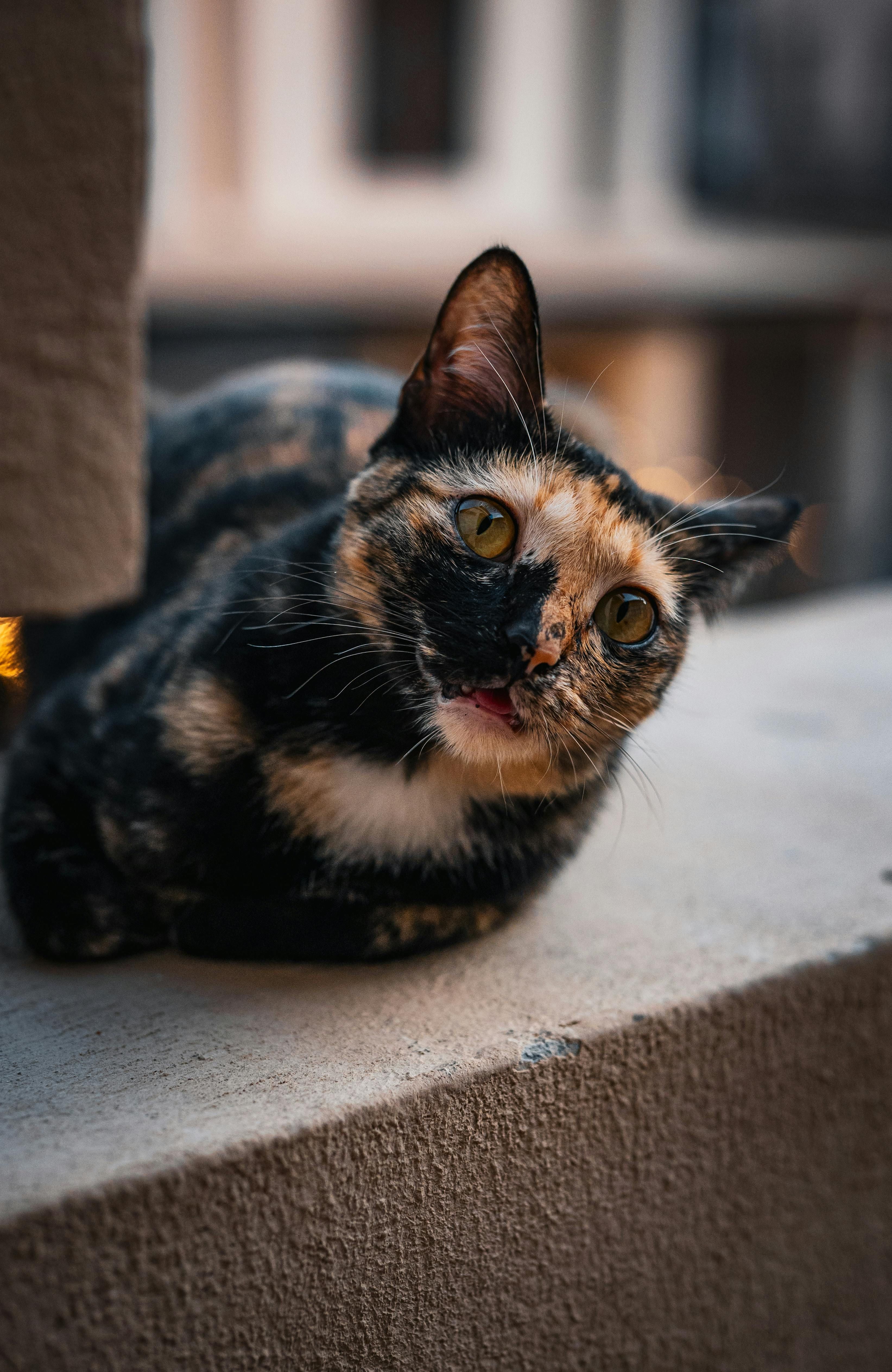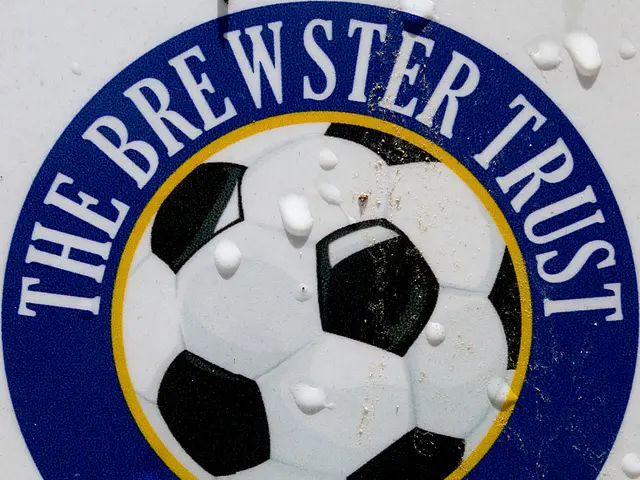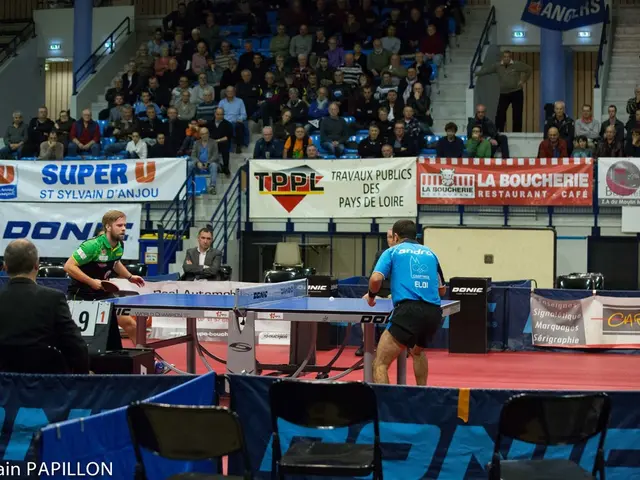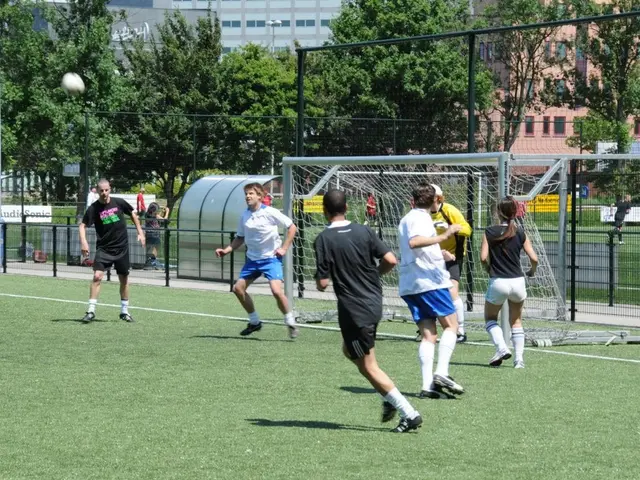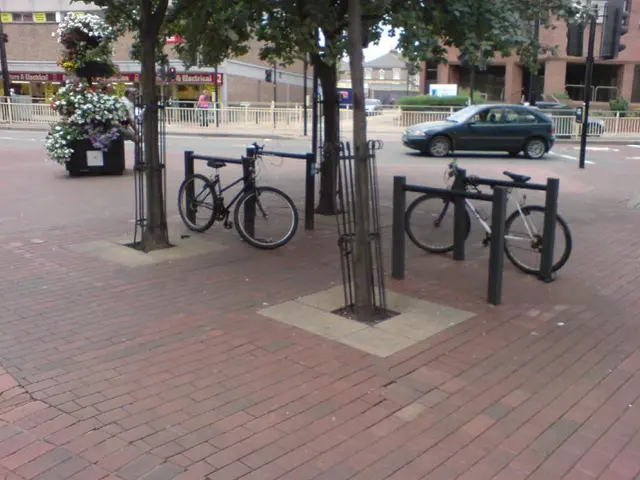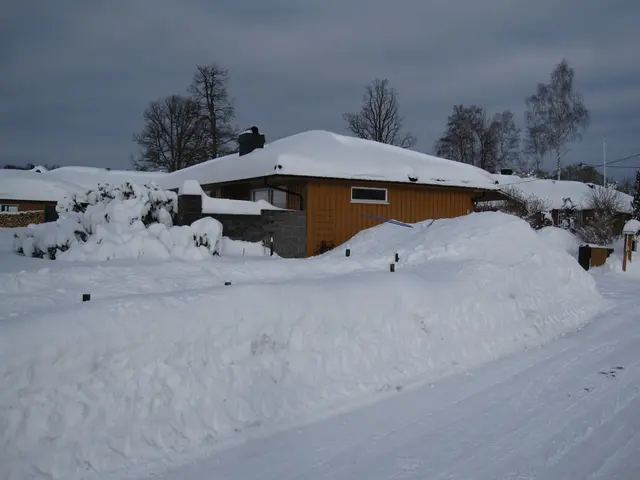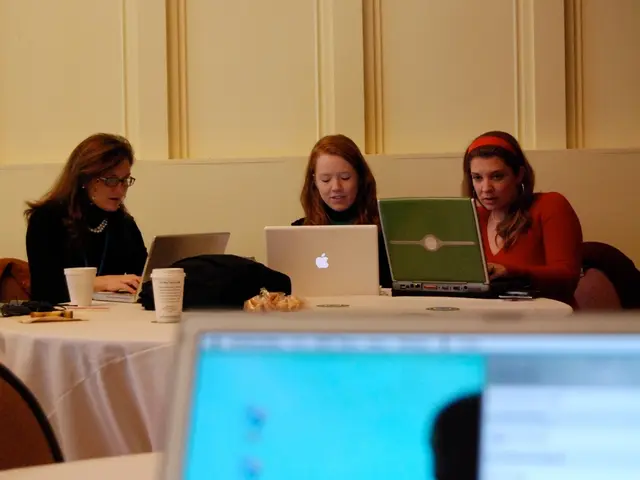Moscow's Grand Victory Day Parade: A Spectacle of Power and Politics
Russia commemorates the triumph over Nazi Germany in Victory Day, featuring a grand military procession. - Russia marks triumph over Nazis with grand military spectacle
Get ready to witness a spectacle of military might and political muscle as Russia rolls out the red carpet for its annual Victory Day parade in Moscow! This year, we're celebrating the 80th anniversary of the Soviet Union's triumph over Nazi Germany in World War II, a victory that remains a cornerstone of Russia's national identity and pride.
- Moscow
- Nazi Germany
- World War II
- Military Parade
- Anniversary
- Vladimir Putin
- Leader
- Conflict
- EU
- Kyiv
- Kremlin
- Ukraine
- China
A Festival of Power and Nostalgia
Victory Day on May 9 is one of the most emotive and solemn holidays in Russia, deeply intertwined with its national identity and a commemoration of the sacrifices made during World War II. The parade won't just be about honoring the historic victory, but also paying homage to every hero who fought, whether they were veterans or more recent soldiers protecting Russia's interests. By emphasizing the continuity of patriotism and military valor [4], the parade underscores Russia's enduring dedication to its military strength and resolve.
President Vladimir Putin will, as always, deliver a speech at the parade. It will certainly include congratulations and words of appreciation, but don't be surprised if there are political messages tucked in there too, especially if they serve to address current geopolitical tensions [4].
Projecting Military Power
The parade is not only about camaraderie and celebration; it's also about demonstrating Russia's military capabilities. Expect to see troops, tanks, and a dazzling display of advanced weaponry on show, all designed to emphasize Russia's role as a robust and resilient military power [3]. Moreover, the parade serves as a reminder of Russia's crucial role in defeating Nazism, counteracting what Moscow perceives as attempts by the West to diminish or distort its historical role [4].
Geopolitical Implications
The 2025 parade will take place against the backdrop of Russia's ongoing diplomatic isolation following its invasion of Ukraine in 2022. But fear not, Russia remains a formidable player on the geopolitical stage. During the 80th anniversary parade, we'll see 29 world leaders joining the celebration, including Chinese President Xi Jinping as the chief guest. This impressive attendance signifies Russia's efforts to demonstrate that it retains significant international partnerships despite Western sanctions and pressure [2][3].
The presence of Xi Jinping as the chief guest symbolizes the strengthening Russia-China strategic partnership and mutual interest in promoting a multipolar world order that challenges Western dominance, particularly that of the United States and NATO. This partnership aligns with Russia's long-standing ambition, expressed by Vladimir Putin since his 2007 Munich speech, to reject unipolar global dominance and advocate for a rebalanced international system with multiple centers of power [2].
Europe and China: A Complex Dance
Most EU countries, allied with Western policies, are skipping the parade because of Russia's geopolitical conflicts, particularly those related to Ukraine. Their absence reflects the ongoing strained diplomatic relationships and sanctions against Russia due to its actions since 2022 [2].
China, however, is not only a active participant, but Xi Jinping's attendance as the chief guest underscores China's explicit political support and the growing Russia-China alliance. This cooperation is a challenge to the Western order and signifies a shift towards a multipolar world where China and Russia cooperate as influential global players [2][3].
In summary, the 80th anniversary Victory Day parade in Moscow is more than just a military parade; it's a powerful display of commemoration, national pride, and strategic diplomacy. It not only celebrates Russia's historical triumph over Nazi Germany but also reinforces Russia's current geopolitical stance against Western influence. The participation of China and other world leaders emphasizes a growing multipolar world order and signals continued support for Russia amid its heightened tensions with the West, contrasted with the general absence of EU countries that remain aligned with Western policies opposing Russia's current actions [2][3][4].
- The anniversary of Russia's victory over Nazi Germany in World War II is commemorated not just in Moscow, but also in Kyiv, as the parade serves as a reminder of the Soviet Union's crucial role in defeating Nazism.
- During the 80th anniversary parade, world leaders, including Chinese President Xi Jinping as the chief guest, joined the celebrations, underscoring Russia's efforts to demonstrate significant international partnerships despite diplomatic isolation.
- President Vladimir Putin, as the leader, delivers a speech at the parade, often including political messages that address geopolitical tensions, such as those related to the conflict in Ukraine.
